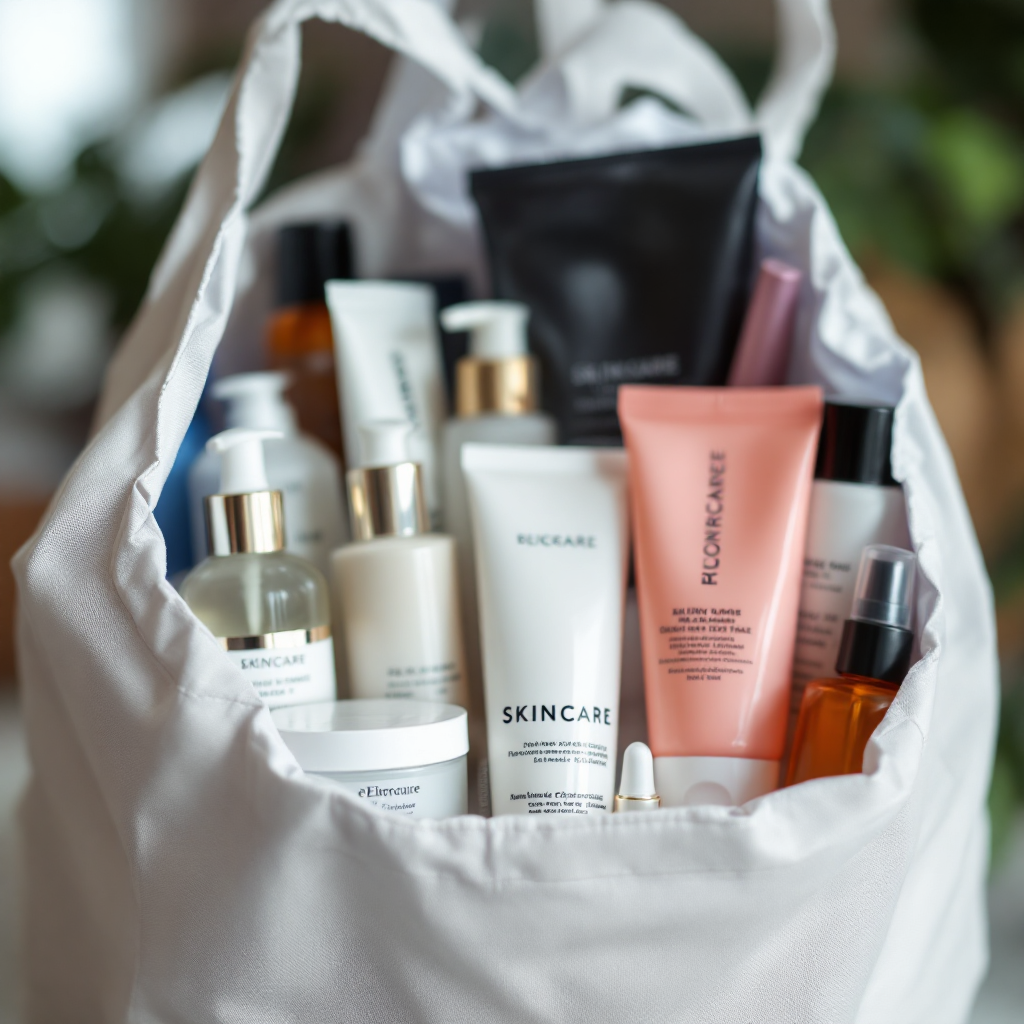
Have Celebrity Brands Killed Sustainable Beauty? Here's our take
My Store AdminWe've been watching the rise of celebrity beauty brands with a mix of intrigue and concern. In an industry already awash with greenwashing and complex supply chains, the influx of these new players raises a crucial question: Have celebrity brands inadvertently eclipsed sustainable beauty?
The answer, as with most things in the beauty world, isn't a simple yes or no. However, the rapid ascent of these brands demands a serious examination of their impact on the progress made towards eco-conscious and ethical skincare.
The Allure of the A-List: A Double-Edged Sword
There's no denying the power of celebrity influence. A famous face attached to a product instantly generates buzz, captures media attention, and cultivates a dedicated following. This can translate into rapid sales and mainstream visibility, which, at first glance, might seem like a positive force for the beauty industry as a whole.
However, this rapid growth often comes at a cost. The pressure to deliver quick profits and maintain a glamorous image can overshadow the slower, more deliberate processes required for sustainable sourcing, ethical manufacturing, and responsible packaging.
The Challenges Celebrity Brands Face in Embracing Sustainability:
Fast Fashion Mentality: Many celebrity brands are designed to capitalise on trends and short-lived hype. This fosters a "fast beauty" culture, encouraging overconsumption and a disregard for long-term environmental impact.
Lack of Transparency: Celebrities often act as the face of the brand, leaving the complex details of formulation, sourcing, and manufacturing to external teams. This can create a disconnect between the brand's marketing claims and actual practices, making it difficult for consumers to verify their sustainability credentials.
Manufacturing & Supply Chain Complexity: The desire for premium ingredients and global distribution can lead to complex and often opaque supply chains. Tracing the origin of ingredients and ensuring ethical labour practices becomes a significant challenge.
Competition & Market Share: Established, ethically driven brands can find themselves facing intense competition for shelf space and media attention, potentially hindering their ability to reach a wider audience.
Greenwashing: Some celebrity brands may engage in greenwashing, using vague or misleading marketing claims to create the illusion of sustainability without making genuine efforts to reduce their environmental impact.
The Promise of Results: Celebrity-Owned Brands Making Waves
While some celebrity brands fall short on the sustainability front, there are exceptions that deserve recognition. These brands often highlight potent ingredients and promise transformative results, and several are pushing the boundaries of mindful practices. Here are a few examples:
Rhode (Hailey Bieber): Focuses on minimalistic skincare with ingredients like peptides and shea butter. While their focus is more on simple and effective formulas, they are consciously looking into sustainable packaging options.
Kylie Skin(Kylie Jenner) and Rare Beauty(Selena Gomez): These Brands focus on a GenZ and Millennial audience, and have been making strides in using more inclusive and responsible materials.
It's important to do your own research and not just take what is on the marketing page. Look at ingredients lists, packaging details, and the brand's commitments to sustainability.
As we move closer to 2025, several skincare trends are emerging that will significantly impact the beauty landscape:
Skin Barrier is King: The trend is towards ingredients that repair and maintain skin barrier health, like ceramides, prebiotics (there are plenty of vegan choices now on the skincare market),and skin-identical lipids.Here our choice of a lightweight SPF which contains non-nano Zincite Alchemitelabs Fresh-Faced Daytime Oil Serum Cucumber Watermelon Zinc Oxide + Centella Asiatica
Personalised Skincare: AI-powered skin analysis and customised formulations are becoming increasingly popular, tailoring products to individual needs.
Up-cycled Ingredients: A growing focus on using up-cycled ingredients from food waste and other industries, reducing waste and promoting circularity.
Clean beauty: Clean beauty prioritises product safety, ensuring formulas are free from potentially harmful ingredients. It often overlaps with other beauty categories, such as vegan and cruelty-free, emphasising ethical sourcing and production. Many clean beauty products are also non-comedogenic, meaning they won't clog pores and contribute to breakouts. Ultimately, it's about making informed choices for your well-being and the environment.
Blue Beauty: Inspired by the ocean's natural ingredients, blue beauty focuses on sourcing methods to protect marine ecosystems and minimise pollution.
Sustainable packaging: Innovative options such as refillable systems, compostable materials, and waterless formulations will be more common.
We firmly believe that performance and planet can coexist. As a vegan aromatherapy skincare brand, we remain committed to:
Ethical Sourcing: We meticulously trace the origin of our ingredients, partnering with suppliers who share our commitment to fair labour practices and environmental conservation.
Sustainable Packaging: We are continuously exploring innovative packaging solutions, minimising our use of virgin plastics.
Cruelty-Free Formulations: Our products are never tested on animals and are formulated with the highest quality vegan ingredients.
Transparency: We are open and honest about our ingredients and practices, allowing you to make informed choices.
So, What's The Path Forward?
Ultimately, whether celebrity brands contribute to or detract from sustainable beauty depends on their commitment to responsible practices.
As consumers, we have the power to demand transparency, hold brands accountable, and support businesses that prioritse both people and the planet. We urge you to ask questions, research ingredients, and choose brands that align with your values.
Let's not allow the allure of celebrity to overshadow the importance of creating a truly sustainable and ethical beauty industry. The future of beauty depends on it.
What are your thoughts on the impact of celebrity beauty brands?
Share your comments below!
